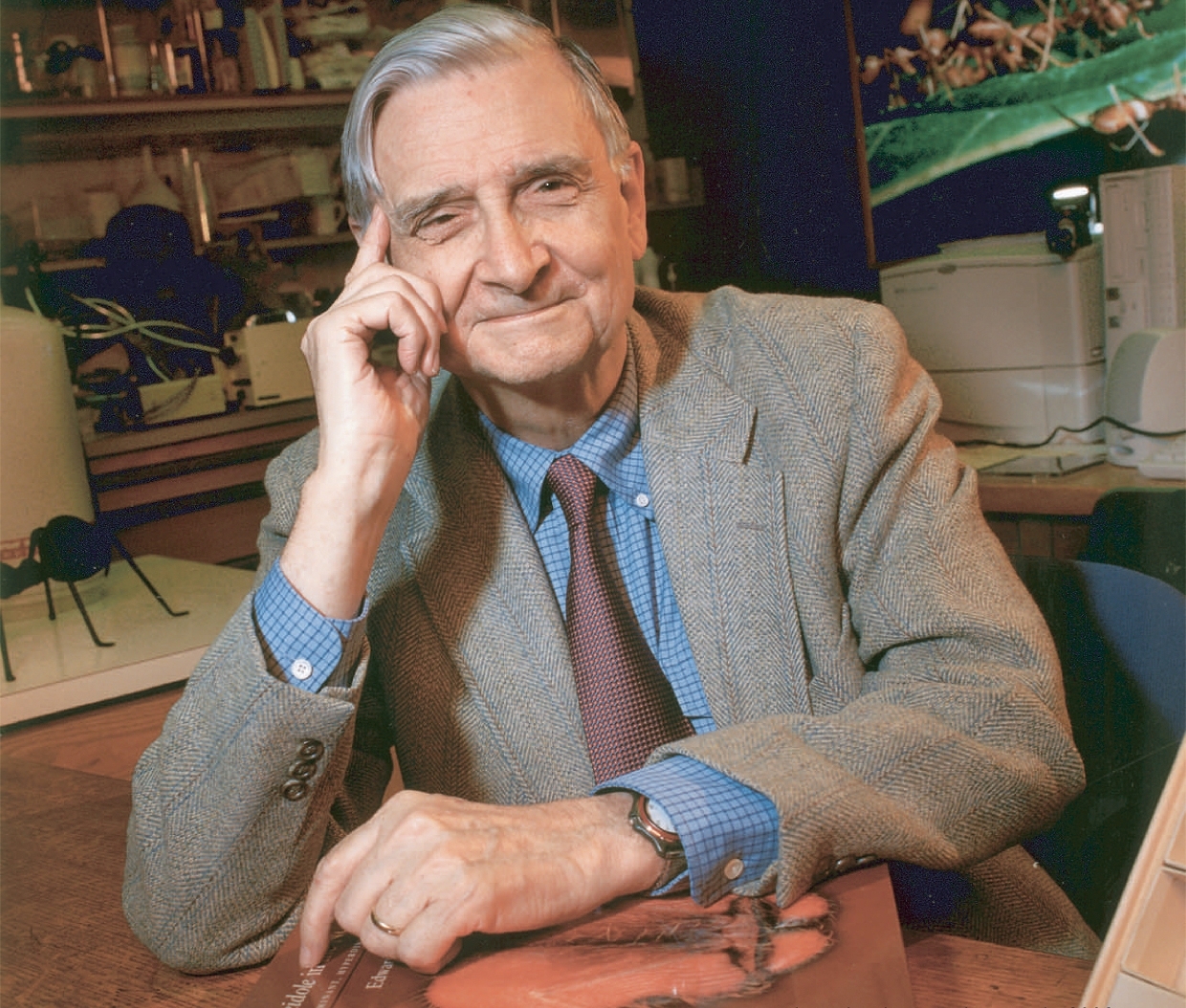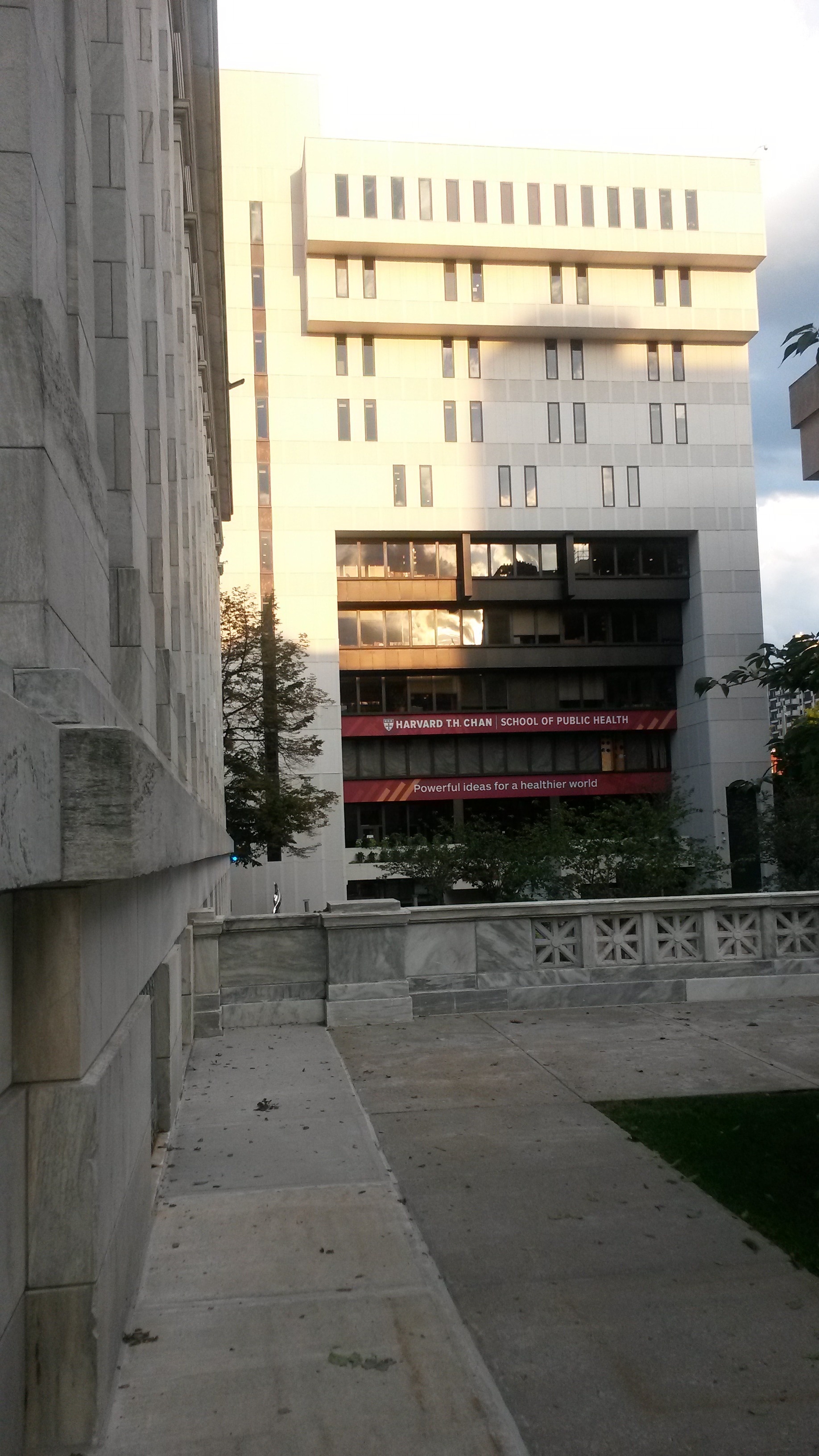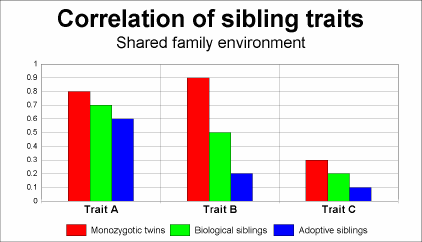|
Sociobiology Study Group
The Sociobiology Study Group was an academic organization formed to specifically counter sociobiological explanations of human behavior, particularly those expounded by the Harvard entomologist E. O. Wilson in '' Sociobiology: The New Synthesis'' (1975). The group formed in Boston, Massachusetts and consisted of both professors and students, predominantly left-wing and Marxist. Members of the Sociobiology Study Group included Richard C. Lewontin (geneticist, Harvard University), Stephen Jay Gould (paleontologist, Harvard University), Jon Beckwith (Harvard Medical School), Stephan Chorover (psychologist, MIT), David Culver (biologist, Northwestern University), Ruth Hubbard (biologist, Harvard University), Anthony Leeds (anthropologist, Boston University), Margaret Duncan (research assistant, Harvard Medical School), Hiroshi Inouye (resident fellow, Harvard Medical School), Chuck Madansky (graduate student, Harvard Medical School), Lawrence G. Miller (medical student, Harvard Medi ... [...More Info...] [...Related Items...] OR: [Wikipedia] [Google] [Baidu] |
Sociobiology
Sociobiology is a field of biology that aims to explain social behavior in terms of evolution. It draws from disciplines including psychology, ethology, anthropology, evolution, zoology, archaeology, and population genetics. Within the study of human society , societies, sociobiology is closely allied to evolutionary anthropology, human behavioral ecology, evolutionary psychology, and sociology. Sociobiology investigates social behaviors such as mating system , mating patterns, territoriality , territorial fights, pack hunter , pack hunting, and the hive society of social insects. It argues that just as selection pressure led to animals evolving useful ways of interacting with the natural environment, so also it led to the genetic evolution of advantageous social behavior. While the term "sociobiology" originated at least as early as the 1940s; the concept did not gain major recognition until the publication of E. O. Wilson's book ''Sociobiology: The New Synthesis'' in 1975. The ... [...More Info...] [...Related Items...] OR: [Wikipedia] [Google] [Baidu] |
Harvard School Of Public Health
The Harvard T.H. Chan School of Public Health is the public health school at Harvard University, located in the Longwood Medical Area of Boston, Massachusetts. It was named after Hong Kong entrepreneur Chan Tseng-hsi in 2014 following a US$350 million donation, the largest in Harvard's history at the time. The school grew out of the Harvard– MIT School for Health Officers, the country's first graduate training program in population health, which was founded in 1913 and became the Harvard School of Public Health in 1922. History Harvard's T.H. Chan School of Public Health traces its origins to the Harvard– MIT School for Health Officers, which was founded in 1913. Harvard calls it "the nation's first graduate training program in public health." In 1922, the School for Health Officers became the Harvard School of Public Health. The school was part of Harvard Medical School until 1946, when it became a fully autonomous institution with its own dedicated public health and me ... [...More Info...] [...Related Items...] OR: [Wikipedia] [Google] [Baidu] |
Science Wars
In the philosophy of science, the science wars were a series of scholarly and public discussions in the 1990s over the social place of science in making authoritative claims about the world. Encyclopedia.com, citing the ''Encyclopedia of Science and Religion'', describes the science wars as the :"complex of discussions about the way the sciences are related to or incarnated in culture, history, and practice. ..hichcame to be called a 'war' in the mid 1990s because of a strong polarization over questions of legitimacy and authority. One side ..is concerned with defending the authority of science as rooted in objective evidence and rational procedures. The other side argues that it is legitimate and fruitful to study the sciences as institutions and social-technical networks whose development is influenced by linguistics, economics, politics, and other factors surrounding formally rational procedures and isolated established facts." The science wars took place principally in the ... [...More Info...] [...Related Items...] OR: [Wikipedia] [Google] [Baidu] |
British Society For Social Responsibility In Science
The British Society for Social Responsibility in Science (BSSRS) was a science movement most active in the 1970s. The main aims of the BSSRS was to raise awareness of the social responsibilities of scientists, the political aspects of science and technology, and to create an informed public. The organisation was concerned with the misuse of science and technological innovation and the impact on the environment, both for the health of workers and wider society. Creation BSSRS was formed in 1968 in opposition to university research on chemical and biological weapons, and supported by 83 distinguished scientists, including William Bragg, Francis Crick, Julian Huxley and Bertrand Russell. The Society was inaugurated at a meeting, sponsored by 64 Fellows of the Royal Society, and held in the Society on 19 April 1969. It was attended by more than 300, mostly UK, scientists and engineers. Nobel Laureate Professor Maurice Wilkins was the founding President. A provisional committee ... [...More Info...] [...Related Items...] OR: [Wikipedia] [Google] [Baidu] |
Nature Versus Nurture Controversy
Nature versus nurture is a long-standing debate in biology and society about the relative influence on human beings of their genetics, genetic inheritance (nature) and the environmental conditions of their development (nurture). The alliterative expression "nature and nurture" in English has been in use since at least the Elizabethan era, Elizabethan period and goes back to medieval French. The complementary combination of the two concepts is an ancient concept (). Nature is what people think of as pre-wiring and is influenced by genetic inheritance and other biological factors. Nurture is generally taken as the influence of external factors after conception e.g. the product of exposure, experience and learning on an individual. The phrase in its modern sense was popularized by the Victorian era, Victorian polymath Francis Galton, the modern founder of eugenics and behavioral genetics when he was discussing the influence of heredity and Social environment, environment on social adv ... [...More Info...] [...Related Items...] OR: [Wikipedia] [Google] [Baidu] |


